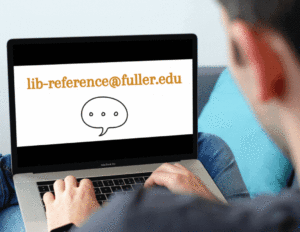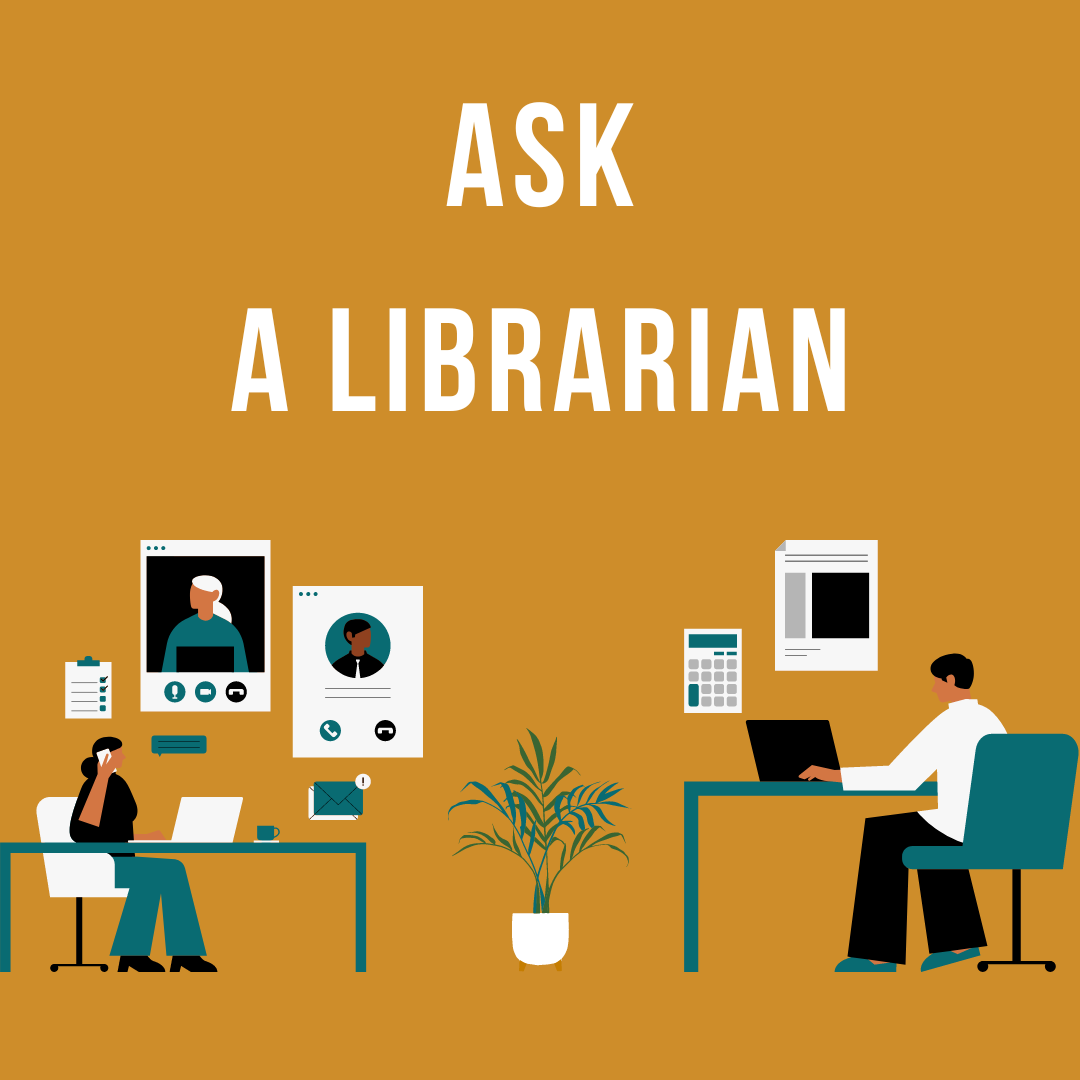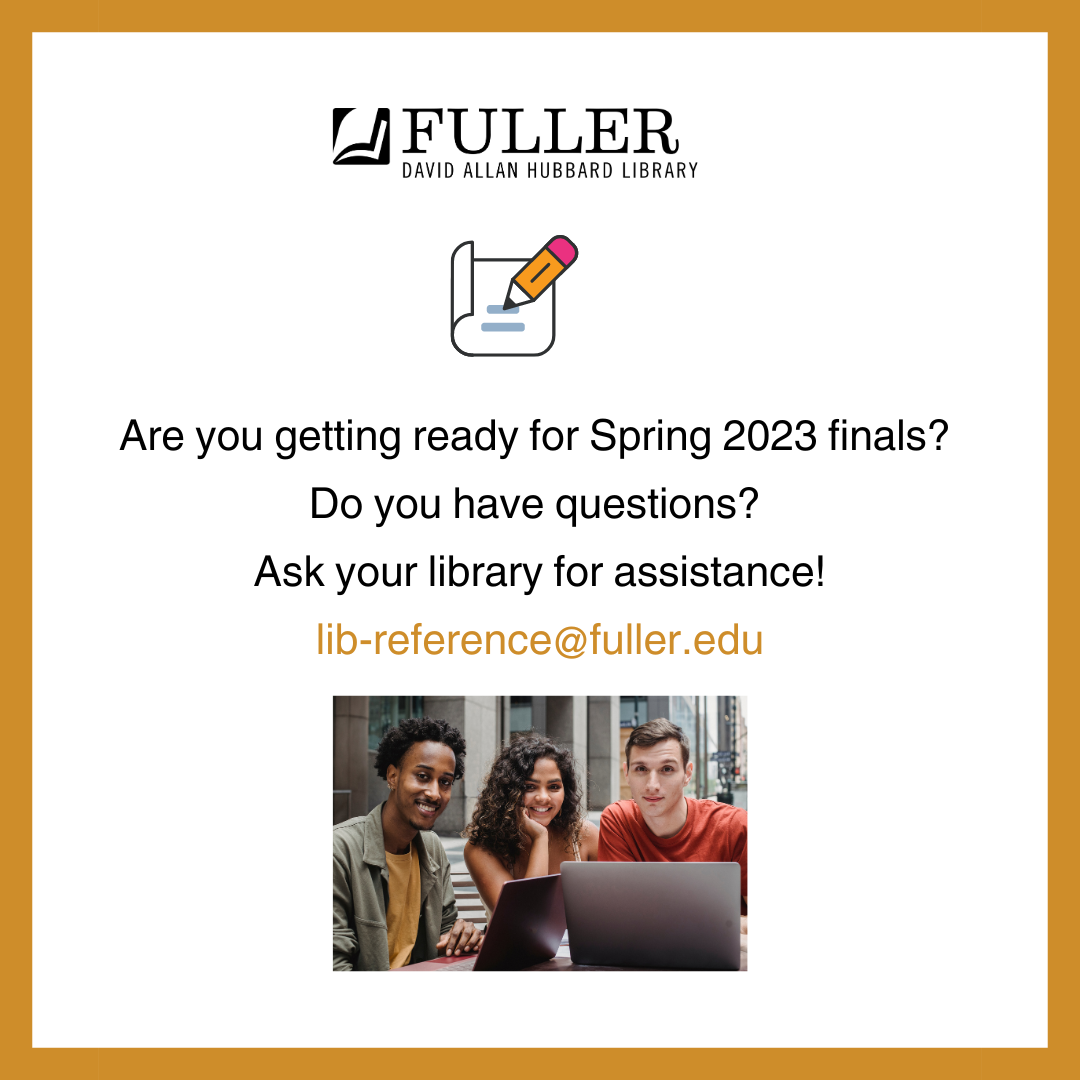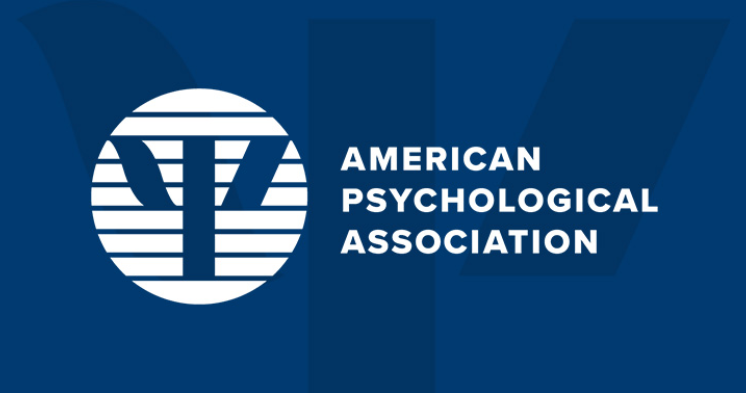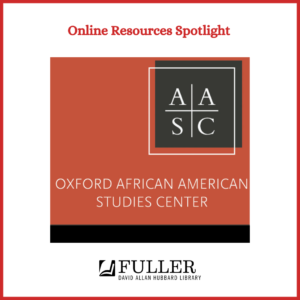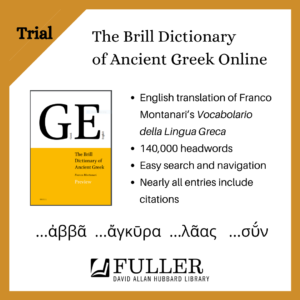Citation tools. Register
Wednesday, October 11, 3:00 PM – 3:30 PM (PDT). Online.
Learn about quick and easy ways of saving citations!
Join us for an overview of citation applications, and you will know how to automatically generate citations from a library catalog and databases.
Need to step up to the next level with saving, organizing and citing sources for your papers and projects? There is another free citation tool called Zotero, and this training session will introduce it briefly.
Preparation: none. Duration: 30 minutes. The session will be recorded.
Questions? Contact us at lib-reference@fuller.edu.
Zotero: the first steps. Register
Wednesday, October 18, 3:00 PM – 4:00 PM (PDT). Online.
Want to add a powerful citation tool to your research tool set?
Learn about Zotero, a free citation generator, save and manage references and documents for research and writing.
You’ll learn how to do the following:
- Tune up Zotero preferences including a citation style (Chicago, Turabian, APA or other).
- Understand how Zotero works.
- Organize your Zotero library.
- Save a single and multiple citations using a browser connector.
- Edit a citation.
- Write and cite: add citations into the text of a Word document or Google docs.
Preparation: Download a Zotero application and its browser connector on your computer at zotero.org. Then, complete a Zotero account registration on zotero.org. Instructions are provided in the registration form. Estimated time: 10 minutes.
Duration: 60 minutes. The session will be recorded.
Expand your knowledge of Zotero. Register
Tuesday, October 24, 3:00 PM – 4:00 PM (PDT). Online.
Learn how to improve the organization of your Zotero library and manage it. Fill up your library with documents and notes.
You’ll learn how to do the following:
- Add a subfolder, move items and delete duplicates.
- Add items by identifier and manually.
- Add a PDF to Zotero.
- Add notes into Zotero.
- Use a Zotero PDF viewer to highlight and annotate the text.
- Create a bibliography.
Preparation: To get ready for a workshop: Check for Zotero and browser updates and install them.
Duration: 60 minutes. The session will be recorded.
Research with the ATLA Religion database. Register
Wednesday, November 1, 3:00 PM – 4:00PM (PDT). Online.
Join the library and your peers and learn about search tools and shortcuts that the American Theological Library Association database search engine offers.
Who should attend?
Anyone who’s interested in learning about finding sources in Biblical Studies, theology, world religions and religious studies, church history, missions and ecumenism, pastoral ministry, theology, philosophy, archaeology and antiquities; human culture and society and ethics.
Preparation: None. Duration: 60 minutes. The session will be recorded.


